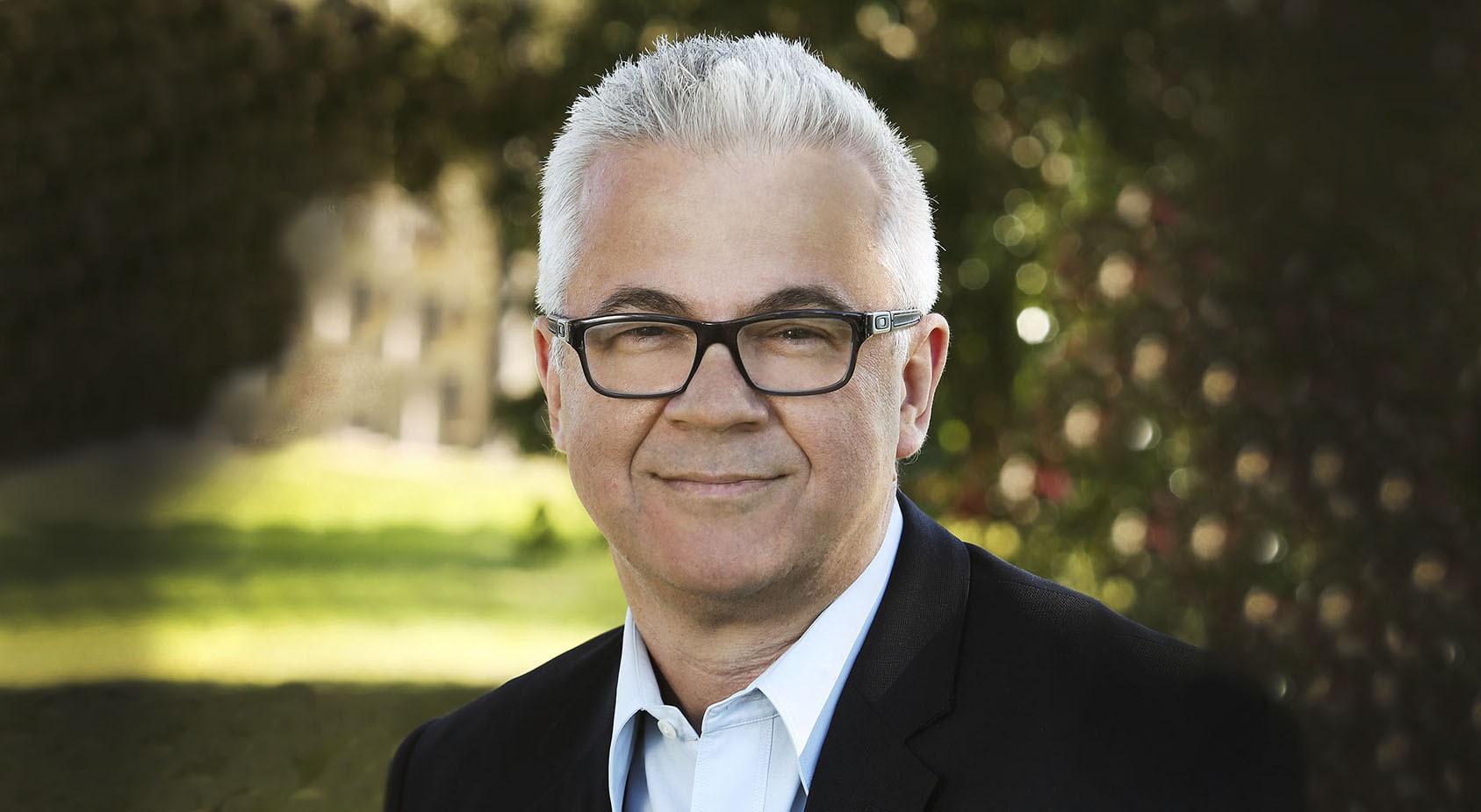
The state and federal governments in Australia have taken draconian steps to close the industry. No venue can be used as a place to socialise. While takeaway shops are able to keep operating, in New South Wales, a person can be fined $1,500 (AUD) for eating this food anywhere other than their home. All food and beverage venues are closed – and take away shops that don’t practically allow customers to get their takeaway at home are now starting to shut down as well.
Colleagues have lost their positions, their homes, their livelihoods and their businesses. About 90% of people I know in hospitality are out of work.
Counting the cost
It is too early to say how we will deal with the challenges, but going by the way the hospitality industry has been waylaid in what appears to be such an indifferent way, the deleterious mental health impact of this crisis will probably end up being much higher in emotional and financial terms than the actual impact of a virus that – in Australia at least – has statistics consistent with other influenza stains in terms of vulnerable people and age groups, adding, however, it is deemed more contagious.
Professionally we have been impacted in terms of ability to move across state borders or travel internationally to attend project meetings. In our business, we have had one tropical destination placed on hold, and one small hotel placed on hold interstate – which was already on hold before the restrictions came in. Volume of business has remained consistent across different industry sectors. Some have actually increased the pace to do as much work as possible while “everybody else” is out of the way.
New work habits
Every desk in our office has a sanitiser, all team members have sanitary wipes, we follow a consistent cleaning pattern. These changes have been in place for many years, so our physical work environment has not changed.
The government has encouraged people to work from home as we all need 4 sqm to work safely, many of our architectural colleagues are now doing exactly that.
We are fortunate that our office can accommodate the nine staff we have on at any one time safely and compliantly. I also subscribe to the notion we need to maintain our mental health as well as being just as important as physical wellbeing.
Survive and thrive
There is always a way forward, it’s a matter of defining and identifying opportunities as they arise and becoming useful to a changing market place. If anything, this recent Corona situation may condense changes into months instead of years. Companies in a position to batten down the hatches and ride it through will survive and in turn thrive. Companies who have not operated with good governance, low profit margins, cutting costs, endeavouring to be cheaper at all costs, operating below going market rates will probably struggle.
As to the future of foodservice in Australia, our industry offers some of the best food and dining in the world. Unfortunately for the Australian market, this comes at a price as local consumers have to date been spoilt by excessively low prices charged by foodservice venues, and in turn expecting everything for a very low price.
Wages have not only stagnated, they have gone backwards – especially in the kitchen teams. I believe consumers should be conditioned to paying a fair price for a fair product and when the industry recovers, it will be able to make a sustained comeback by charging a fair price. In our consulting business, if we offer a low fee it always comes at a greater cost at some point down the line. Foodservice is no different.
Tina Nielsen




